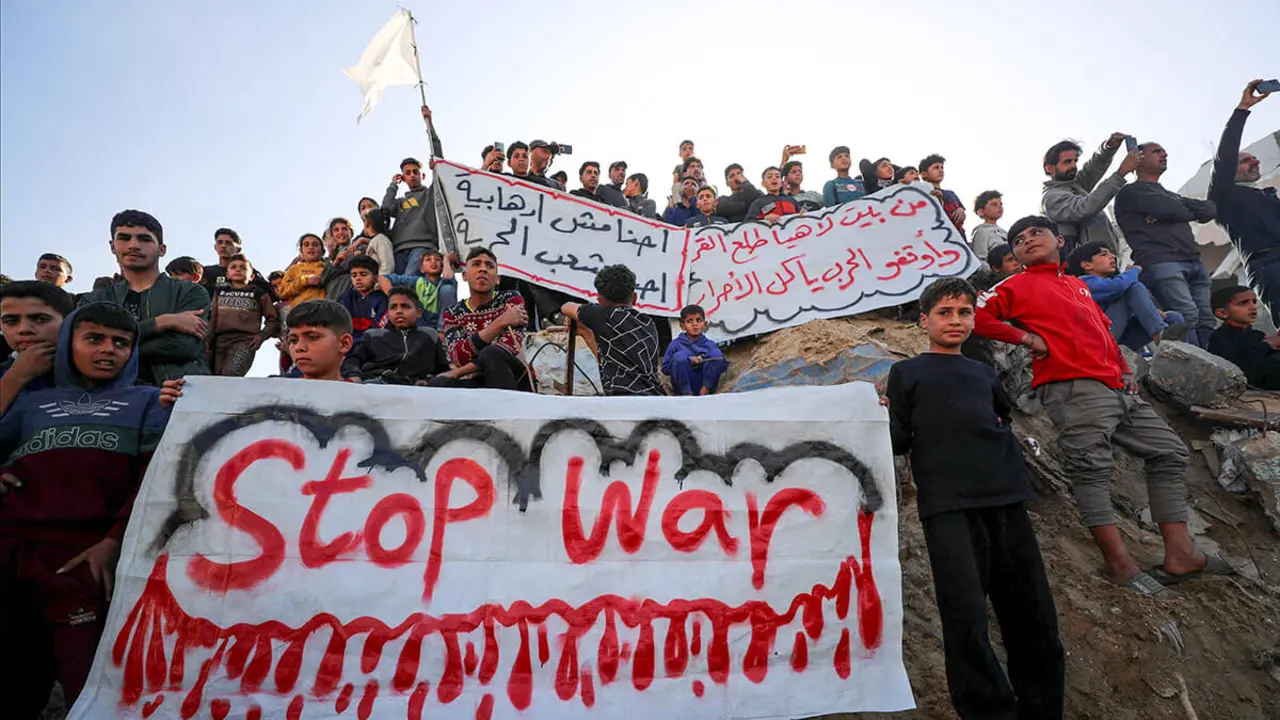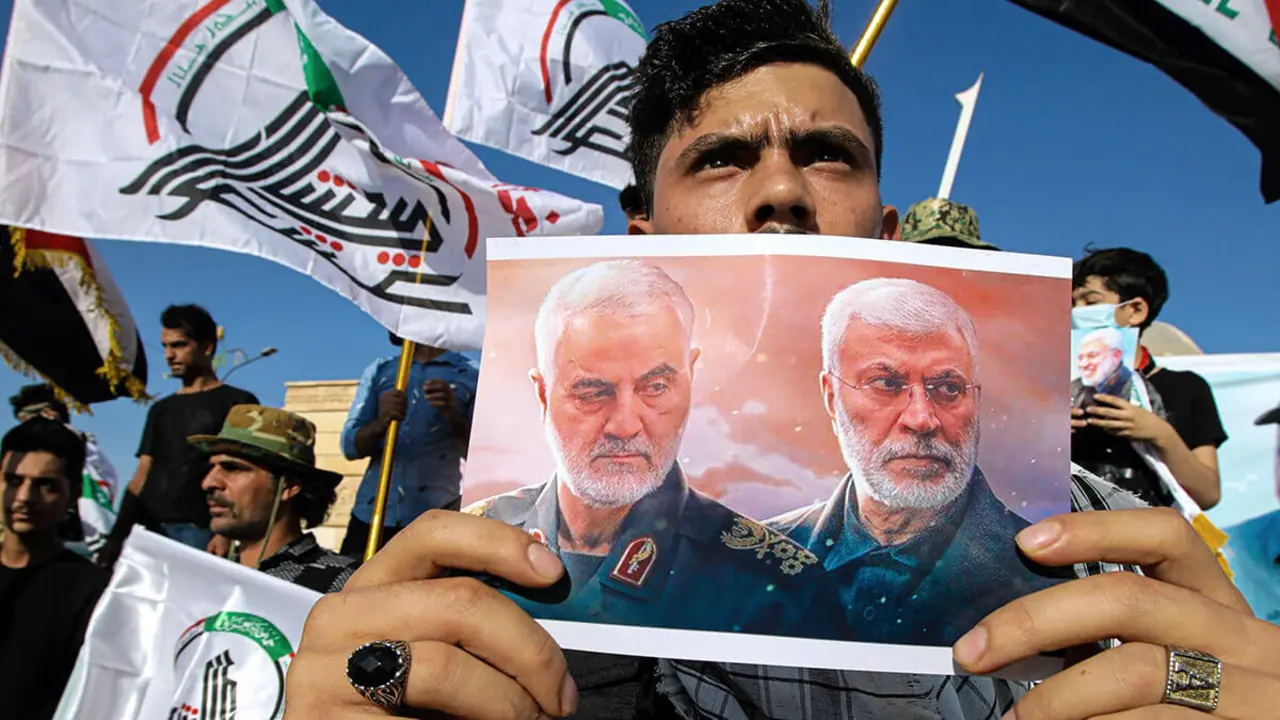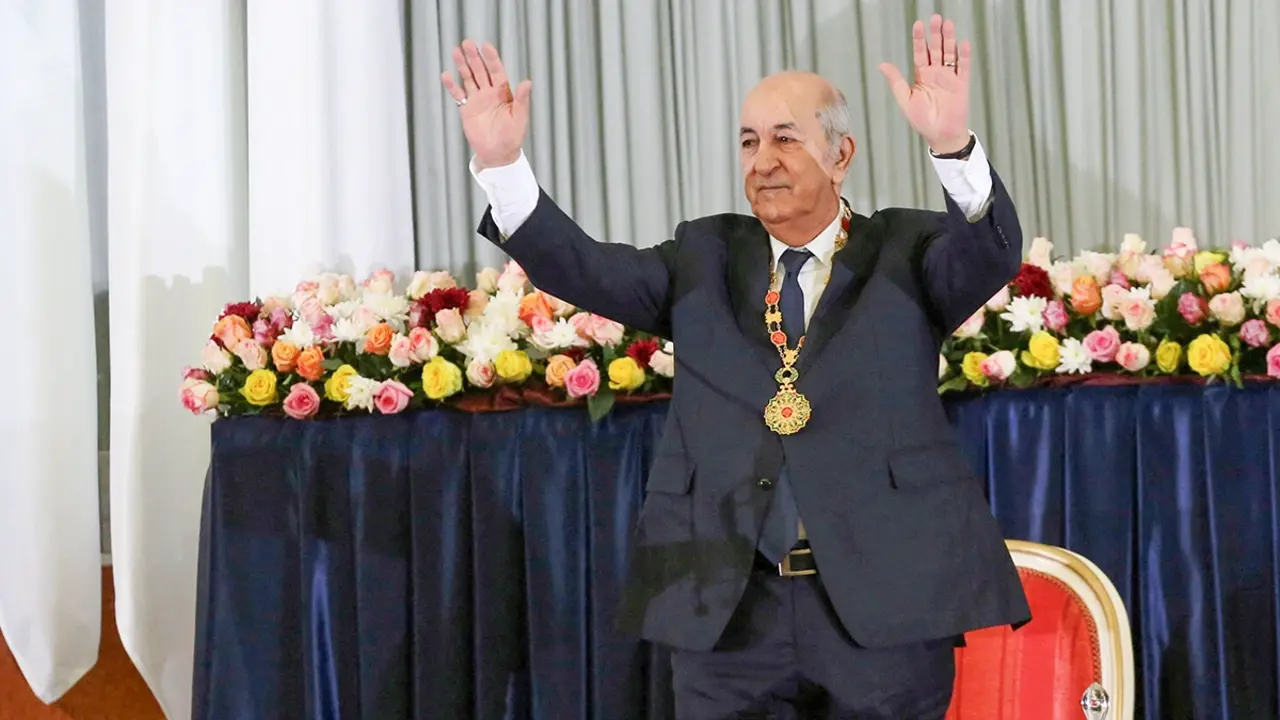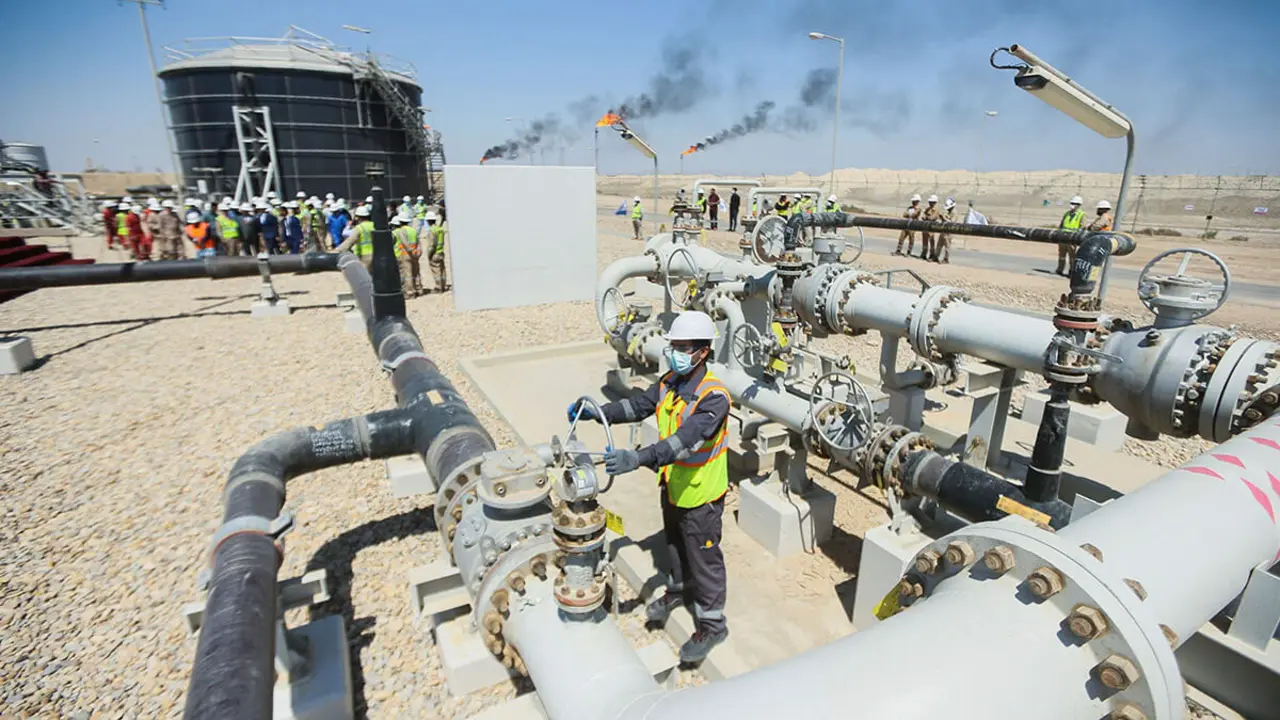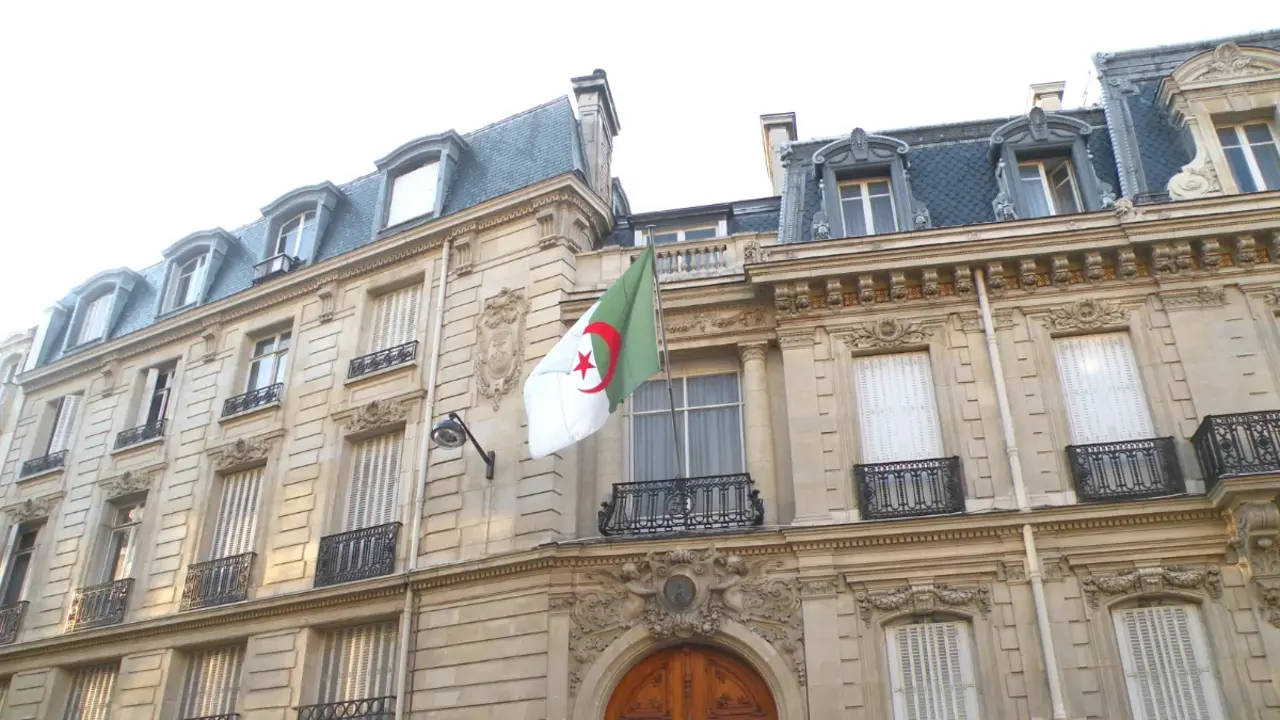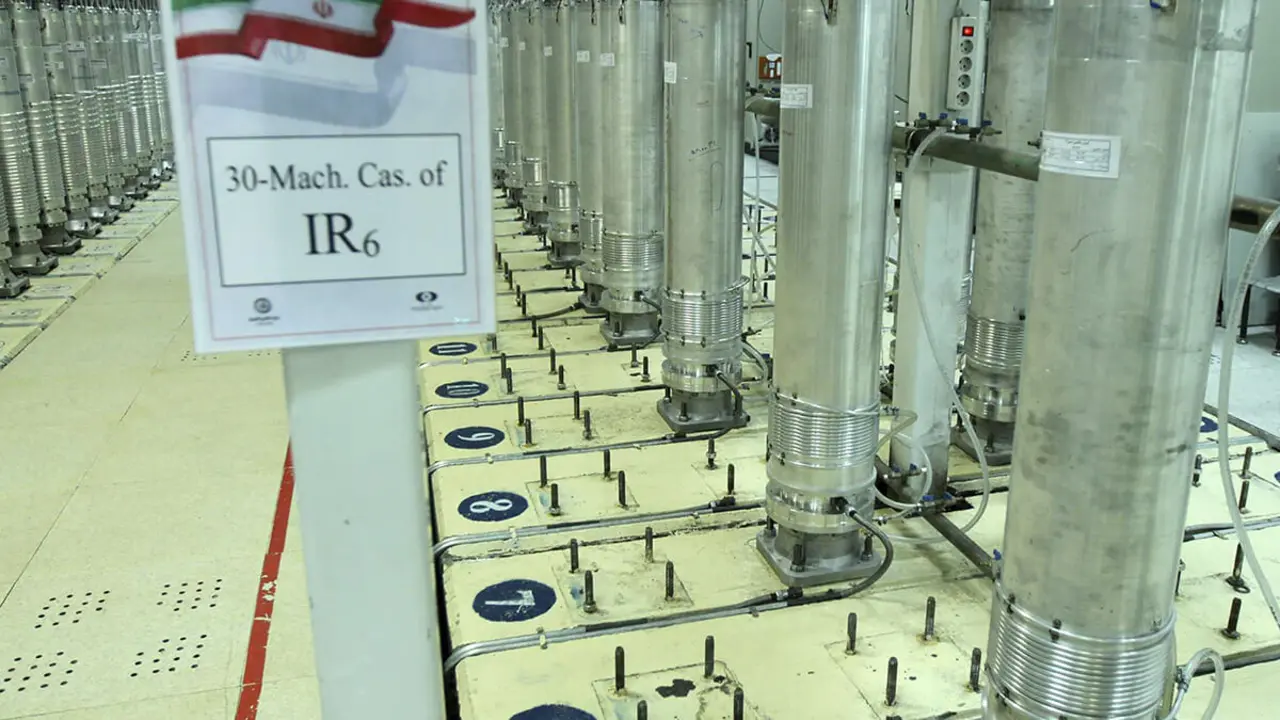Erdogan loses popularity ahead of upcoming elections

On Friday night, 15 July 2016, Turkey's history took a radical turn. An attempted coup d'état put the established constitutional order on the ropes. This event, which further accentuated the country's polarisation, was also the spark that lit the fuse for Recep Tayyip Erdogan's authoritarian drift. Almost five years later, the economic slowdown resulting from the coronavirus pandemic is changing the nation's political dynamics.
Turkey's economic difficulties, with the sharp drop in the value of the lira, and the strong pressure exerted by the government led by President Recep Tayyip Erdogan on the opposition, commented on by various media and analysts, seem to continue to have political and social consequences. In this case, they are represented in the fall in popularity of the Eurasian country's ruling coalition. The handling of the coronavirus pandemic is just one of dozens of disputes between Erdogan and the main opposition leaders.

However, an election poll conducted by Turkish research firm Optimar has indicated that the Turkish leader would beat his main Republican rivals in the upcoming presidential election. A total of 44.7 % of respondents said they would vote for Erdogan compared to 34.7 % who would support Istanbul Mayor Ekrem Imamoğlu in the event of a presidential election.
Similarly, an opinion poll by the Avrasya Research Company found that 46.8 % of Turks would not vote for Erdogan if he were to stand in the next presidential election, scheduled for 2023, compared to 38.9 % who would and 14.3 % who are undecided. These figures mark a sharp decline in support for the Islamist politician, from 67% after his thwarted coup in the summer of 2016, and from 45% at the beginning of the year. The AKP remains the party with the highest voter intention, at 35%, although more than five points lower than in January. The economy, unemployment and the cost of living are the main concerns of Turks, according to the poll.

According to a survey by the Sosyo Politik Research Centre, support is 36% for the ruling Justice and Development Party, 29% for the Republican People's Party (CHP), the largest opposition party, and 10.4% for the Peoples' Democratic Party (HDP), linked to the Kurds, who are persecuted by Erdogan's regime, which accuses them of terrorist acts in the south of the country. According to the poll, other parties would obtain less than 10 % of the votes cast, including Erdogan's government partners.
More than a year ago, the centrist opposition candidate Ekrem Imamoglu (CHP) won the mayoral elections in Istanbul, barely a month and a half after the Election Commission ordered a rerun of the municipal elections in the country's economic capital, where the opposition had prevailed over President Recep Tayyip Erdogan's party. Beyond Turkey's two largest cities, the opposition coalition won a large representation in large parts of the Mediterranean coast, such as Antalya and Mersin. Thus, the social democratic opposition won in Istanbul, putting an end to 25 years of rule by Islamist parties, initiated by the current president.

This victory was possible because, for the first time, nationalist, liberal and minority parties managed to work together effectively. However, the coronavirus pandemic and the resulting economic crisis have opened new fissures in the Turkish opposition, while government repression against one of the main opposition parties, the Peoples' Democratic Party (HDP) - a pro-Kurdish party founded on 15 October 2012 - agglutinates various progressive organisations and left-wing parties and continues to increase.
Erdogan continues to see his image and that of his party decline in the eyes of the public. Faced with this loss of support, he is waging a harsh campaign of persecution against political rivals. This domestic manoeuvre serves Recep Tayyip Erdogan to divert attention from the serious problems he is facing, such as the loss of confidence and the national economic crisis the country is going through, aggravated by the sharp 16 % drop in the Turkish lira since March, when Erdogan dismissed the then head of the Central Bank, Naci Ağbal, the fourth head of the institution in two years, and by the standstill in activity generated by the ongoing COVID-19 health crisis. For this reason, reducing the unemployment rate is one of the Turkish government's priorities if it wants to maintain the support of the street. Unemployment stands at 13.1 %, and the rate among the country's youth is close to double. The main problem, however, is inflation.

The 2019 local elections have dealt a blow to Erdogan's party, which had ruled the Bosphorus city for more than a decade. The next presidential election in the Eurasian nation is scheduled for 2023. However, the coronavirus has had the power to change the world as we knew it, a transformation that could influence the timing of elections in the country founded by Mustafa Kemal Atatürk.



